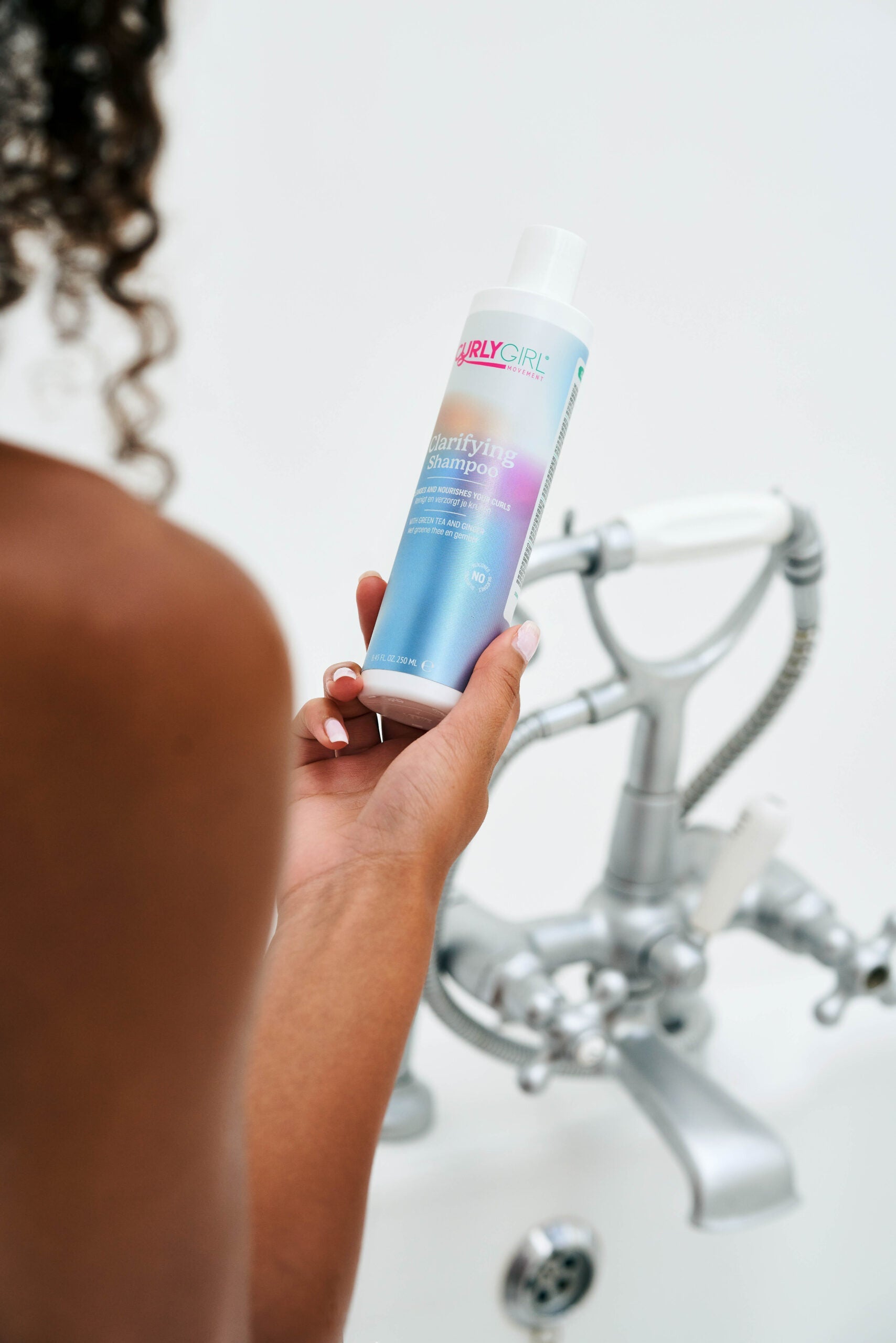I have examined hundreds of scalps at my salon and I have to note that every second client:
- Washes hair too infrequently or improperly
- feels guilty on the day of washing her hair, "because maybe I could have stretched it out for another day..."
- believes the myth that washing your scalp less often helps train your scalp to produce less oil
- have a layer of accumulated oil and old product residue (build-up) on your scalp and hair
In the last decade, it has become so trendy to wash your hair as rarely as possible that women began to feel some kind of achievement or victory if they stretched out a whole week between washes. And to this day, many women feel guilty if their life plans do not match their hair wash days and they have to wash it a little more often than they wanted. During the pandemic, experiments of not washing hair for several months and "no-poo" movements were even revived, claiming that not washing their hair for a long time normalizes the secretion of sebum from the scalp and that nothing protects and nourishes hair as well as our scalp sebum.
Let's talk science
We've looked at what forums say, and now let's look at the facts and research:
- Almost everyone has a fungus called Malassezia on their scalps, which feeds on the sebum in our scalps. This fungus is part of the normal skin microbiota and is not a problem in itself. But you can probably imagine the sebum feast that begins and how the fungus gets active and multiplies when we don't wash our hair for a week or don't wash it well. Yummy.
- The longer we don't wash our hair, the more sebum accumulates on it. As soon as sebum reaches the surface of the scalp, Malassezia fungus and other bacteria begin to break it down and the sebum undergoes chemical changes. The longer the sebum stays on the scalp, the greater these changes are. The altered sebum produces free fatty acids and oxidized lipids, which irritate the skin and cause itching.
- The fungus, once established, releases oleic acid, which irritates the skin and triggers an immune reaction: the balance of the skin's microflora is disrupted and cells, instead of renewing at a regular rate, do so much faster. Dead cells do not have time to be removed and accumulate on the skin, forming dandruff. Yes, you heard that right. Dandruff is more often not the cause of dry skin, but the cause of oily skin that is washed poorly and too rarely.
Scalp = facial skin
So, your scalp oil is not some natural and magical elixir that nourishes your skin and hair. Just as the sebum on your face only clogs pores and aggravates acne, the sebum on your scalp creates a warm and moist environment for various bacteria to multiply. Sebum also attracts external dirt and dust. Just as it would be disgusting not to wash your face for three days, it should be disgusting not to wash your scalp.  Hey, are you really saying that you need to wash your head every day like your face? My whole life has been a lie?
Hey, are you really saying that you need to wash your head every day like your face? My whole life has been a lie?
Yes and no. The frequency of washing is individual and depends on genetics and lifestyle. For one, it may be daily, and for another every 2 weeks, and both options are equally healthy and good. The most important thing is to reflect your own scalp needs. It is important not to wash too rarely and not to "stretch", because the consequences of this are more painful. If your scalp gets oily quickly, you exercise, you complain about (oily!) dandruff, or your hair just doesn't look good, wash your hair every day without feeling guilty. Shampoo is not the devil. The devil is what we do to our hair after washing it (going to bed with a wet head, drying our hair with high heat, etc.)
Infrequent head washing, poor head washing, Washing your hair with poor quality shampoos, using heavy conditioners and masks, using styling products and not rinsing them off leads to clogged scalp , scalp diseases, heavy, unruly curls, feeling of dirty hair even after washing your hair, hair loss, slowed hair growth and complete confusion when it is difficult to say:
- Is that hair loss from a vitamin deficiency or clogged skin?
- Is this styling product not working or is there just so much old build-up on my hair that it's getting through? no one can penetrate?
- Has my hair really stopped growing or should I just start taking care of my scalp the same way I take care of my face?
The last paragraph before moving to the bathroom
We're about to start a headwashing revolution, but before that - that With the revolution, we wouldn't do more harm than good - we determine the type of scalp. A dermatologist can do this most accurately. An appointment costs money, but you will save money in the long run when you don't have to waste money omn shampoos that won't suit your scalp needs.
We choose shampoo not based on our hair, but according to our scalp type. Choosing shampoo according to our hair is the same as choosing a face cleanser based on our eyebrows :)
There are 2 true types of scalps, and both can cause dandruff:
- drier (we wash less often)
- oilier (we wash more often)
If there are additional problems such as rashes, dandruff, redness, severe itching, or hair loss, then it is best to visit a dermatologist for a consultation and discuss a further care plan.
Just as you don't feel guilty about washing your face, don't feel guilty about washing your hair. Sebum is not some natural conditioner that nourishes your scalp and hair, but a mixture that creates a breeding ground for disease-causing bacteria. Don't stick to a hair washing schedule. Wash your hair as needed: after exercise, after using products on your scalp (hairspray, dry shampoo, etc.), or simply when your hair roots start to get greasy.  Sometimes you will need to wash your hair every day, and sometimes you will need to wash it less often. But that's the point - to monitor your needs, because that's the only way to maintain the best results and a healthy scalp, which is where healthy hair begins.
Sometimes you will need to wash your hair every day, and sometimes you will need to wash it less often. But that's the point - to monitor your needs, because that's the only way to maintain the best results and a healthy scalp, which is where healthy hair begins.





Share:
When should you keep your expectations realistic before visiting the curly hair salon?
What’s the secret to gorgeous, goddess-like curls—without the frizz and flyaways that scream ‘Einstein experiment’?